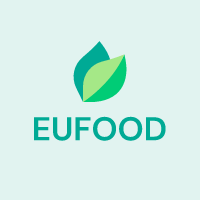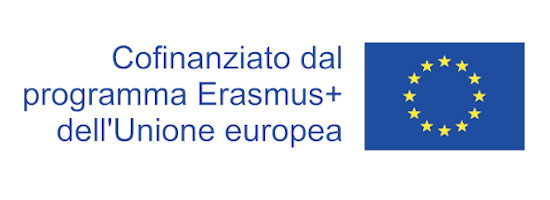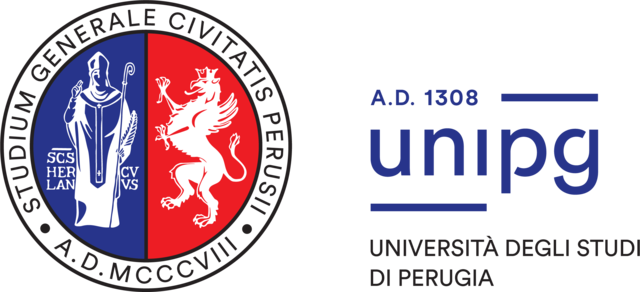 |
 |
 |
Project funded by the European Commission, Erasmus + Programme – Jean Monnet Action
PROJECT NUMBER - 620461-EPP-1-2020-1-IT-EPPJMO-MODULE
Introduction
This Jean Monnet Module offers conceptual frameworks to understand the importance of climate change, vulnerability and adaptation and mitigation options for improved food security. Topics covered  include the effect of green revolution, the right to food and the impact of climate, immigration consequences as well as risk reductions by mainstreaming national risk management policy frameworks in policies and programmes for sustainable development implemented from the EU. The course also includes some case-study and explores food and climate topics that directly affect developing countries. Students will also be fully equipped with the tools needed to understand and contribute to policy debates on this suggestive topic.
include the effect of green revolution, the right to food and the impact of climate, immigration consequences as well as risk reductions by mainstreaming national risk management policy frameworks in policies and programmes for sustainable development implemented from the EU. The course also includes some case-study and explores food and climate topics that directly affect developing countries. Students will also be fully equipped with the tools needed to understand and contribute to policy debates on this suggestive topic.
Instruments
A series of initiatives organised within the Module framework aims at collecting opinions from experts and scholars on these subjects, by taking into account both European and non-European points of view as well as favoring debate and the comparison of different stances. Other than traditional lectures, Module teaching activities include seminars and tutorials, in which wide space is given to debate and collective discussion of students' papers. The interaction between teaching staff and students, and among students themselves, is strongly supported in order to favor formal as well as non-formal learning methods.
Expected results
Activities implemented within the framework of the Food Security and Climate Change equip students with knowledge of topical subjects related to the external personality of the European Union – such as its purposes, functions and future perspectives – relevant for their academic and professional lives. In particular, students from Political Sciences Department will enrich their academic training with more in-depth studies on a particular aspect of EU policy; students from other departments will have the opportunity to approach European studies. The course will also increase the Department engagement in EU related studies and stimulate the introduction of an EU angle in non-EU related studies
